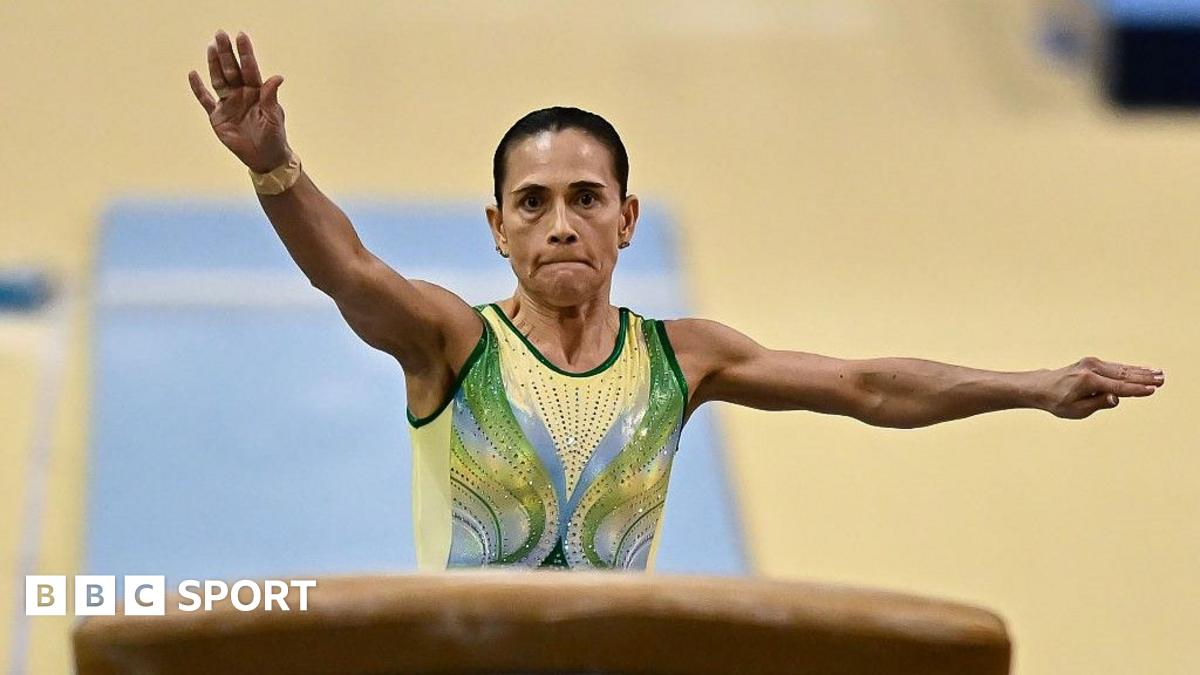Latest Updates from the Spa Industry

The global wellness economy is currently experiencing an unprecedented boom, having surged to an all-time high valuation of US$6.3 trillion in 2023. Projections indicate this robust growth will continue, with forecasts predicting the industry could reach US$9 trillion by 2028. This substantial expansion highlights increasing global investment and consumer prioritization of health, fitness, and holistic wellbeing. Within this burgeoning sector, the wellness real estate market alone is expected to double to US$1.1 trillion by 2029, a clear indicator that spaces designed for health and wellbeing are becoming highly sought after. Moreover, hotels that incorporate significant wellness amenities have demonstrably outperformed the broader hospitality market, solidifying wellness as an indispensable component of the modern travel and leisure experience. This growth extends beyond traditional spa services, embracing a comprehensive approach that includes longevity, mental health, and cutting-edge recovery solutions.
Geographically, this expansion is widespread, with a proliferation of new spa and wellness facilities across Europe, the Middle East, Asia, and North America. Significant developments include the opening of eco-luxury safari resorts such as Banyan Tree Escape in Tanzania and the global expansion strategies of groups like Gurner Group, bringing their Saint Haven wellness clubs to the UAE and US. Luxury hospitality brands such as Equinox, JW Marriott, and Rosewood are actively launching new hotels and spas in diverse locations ranging from Nashville, US, to Crete, Greece, and London, UK. The Middle East, particularly Saudi Arabia and Dubai, is emerging as a pivotal hub for wellness investment, exemplified by Therme Group's plans for large-scale urban wellbeing destinations and Aldar's ambitious masterplan for the world's first Fitwel-certified residential wellness island in Abu Dhabi. Concurrently, the UK market is witnessing a surge in both facilities and industry surveys, underscoring strong domestic growth and consumer engagement.
The wellness industry is characterized by rapid innovation, marked by the seamless integration of cutting-edge technology and diverse wellness modalities. This includes the implementation of AI-powered gyms, advanced oxygen pods, and comprehensive contrast bathing facilities such as cold plunges, saunas, cryotherapy, and immersive Aufguss rituals. Furthermore, new products and treatments are consistently being introduced, spanning from sophisticated anti-ageing skincare lines by brands like Comfort Zone, Naturopathica, Elemis, and Swissline, to specialized therapies like biomagnetism, kinesiology, and even auricular acupuncture for weight management. The overarching focus is shifting towards preventative health, hyper-personalized wellbeing experiences, and targeted support for specific health needs, including mental health, women's health (menopause and postpartum recovery), and cognitive function. Key industry events such as the Global Wellness Summit, European Health and Fitness Forum, and Medi Wellness Congress serve as vital platforms for dialogue on future trends, staff compensation, and the adoption of sustainable practices, consistently emphasizing human connection and scientific validity over transient fads. This dynamic and comprehensive evolution positions the wellness sector for sustained and significant global expansion.







